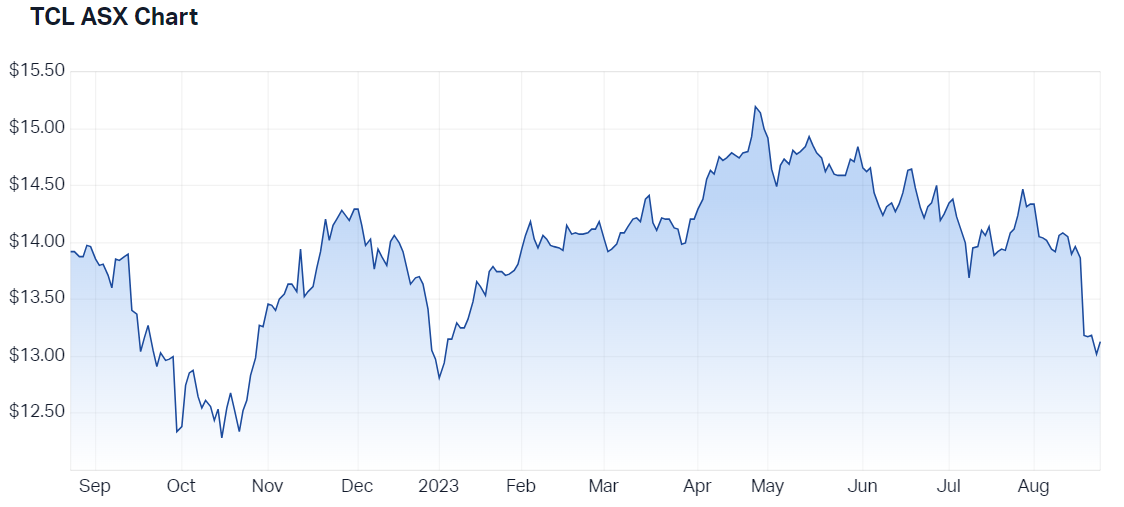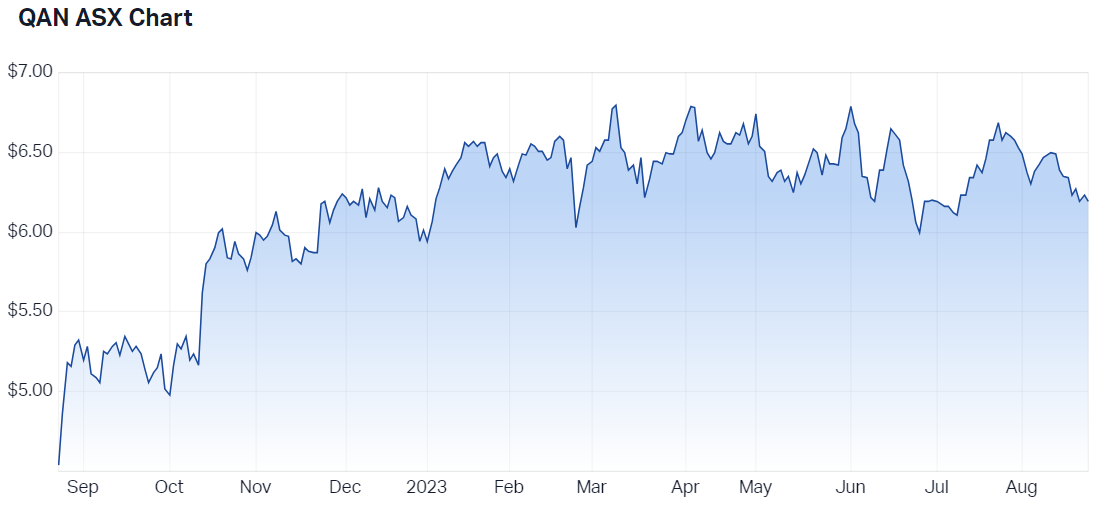3 transport stocks for your ASX watchlist
Companies in the Industrials sector, those involved in the manufacture or distribution of capital goods including machinery, airlines and defence, are commonly regarded as core contributors to the broader economy in which they participate.
In the Australian market, the sector encompasses a broad range of companies that excludes only the Energy, Metals and Mining industries, a breadth that makes it hard to assess on a sector-wide basis. That’s a point emphasised by Investors Mutual’s Michael O’Neill, who heads up the asset manager’s All Industrials Share Fund, earlier this year.
“The impacts of the macro environment are quite industry- and company-specific,” he said in January.
Some 206 companies on the ASX fall within the Industrials sector, which is split into the following industry groups (from largest to smallest in terms of company numbers):
- Capital goods – companies involved in areas including construction and engineering, machinery, aerospace, building products, and electrical engineering.
- Commercial and professional services – a varied collection of companies that includes the likes of Brambles, which specialises in the pooling of unit load and logistics equipment, and global jobs website SEEK.
- Transportation – covering airlines, road, rail, marine, air freight, logistics and transportation infrastructure companies.
Though the Transportation industry group is the smallest subset of the ASX’s broader Industrials sector, it includes some of our largest and best-known names.
In the following wire, I look at a few of these companies, including one that’s already delivered its FY23 earnings and two that are due to report on Thursday. I recap the views of some professional investors who have spoken with Livewire in recent months alongside the latest broker ratings and commentary.
Transurban Group (ASX: TCL)
Market cap: $40.79 billion
Part of the ASX 20, the owner and operator of toll roads in Australia and North America is regarded as a stalwart stock. On the back of Transurban’s solid FY23 profit result that was announced last Wednesday, Livewire’s Chris Conway alluded to the company’s “metronomic consistency” in his interview with Magellan Financial Group’s Ofer Karliner.
“Add to the mix the fact that toll road price increases are linked to inflation, and you've got a pretty rock-solid formula for revenue and profits,” Conway wrote.
That was the dominant message in Karliner’s assessment of the result, which was largely in line with expectations.
At current valuations, he rated the company as a HOLD and regarded the 0.8% share price fall on the day as appropriate.
Transurban’s share price has fallen slightly further since then, trading at $13.17 (from its close of $13.86 on the day of the result) but opened slightly higher at $13.30 on Monday.
What the brokers think: E&P Research analyst Cameron McDonald upgraded the stock to NEUTRAL on the day of the result, setting a price target of $13.63.
Ahead of the result, Citi on 13 July upgraded the stock to BUY from Neutral, analyst Suraj Nebhani setting a $16.20 price target.

Qantas (ASX: QAN)
Market cap: $11 billion
Australia’s flagship airline, with our largest fleet of commercial aircraft and a brand dating back to 1920, Qantas is one of the 100 largest companies on the ASX.
COVID-19 wiped billions off the company’s market cap in 2020, when it booked a $2 billion revenue loss before temporarily laying off more than 2,500 staff in 2021. But since then, the reopening of international borders and winding back of travel restrictions has seen the company’s share price bounce back.
Tribeca Investment Partners portfolio manager Jun Bei Liu expects this effect to wane from here, despite anticipating “a very good number” when Qantas provides its FY23 result on Thursday 24 August. The company has raised the ire of many travellers in recent months. Its surging ticket prices – despite falling fuel costs – also prompted an ACTU-backed price gouging inquiry that was announced on 11 August.
What the brokers think: UBS broker Andrew Fromyhr upgraded Qantas to BUY from Neutral on 24 May and increased his price target to $7.95 from $7.60.
On the same day, Jarden analyst Jakob Cakarnis downgraded the company to OVERWEIGHT from Buy, leaving his price target at $7.

Auckland International Airport (ASX: AIA)
Market cap: $11.14 billion
Another of the largest ASX industrial stocks, the infrastructure company last February became the exchange’s only airport when Sydney Airport was delisted after a $23 billion takeover.
Montgomery Investment Management’s Roger Montgomery recently described the company as “a privileged asset owner,” thanks to its ownership and part-ownership of both Auckland Airport and Queenstown Airport in New Zealand.
“We think the combination of…rising traveller numbers, along with the optionality embedded in the company’s property portfolio, is not fully reflected in share prices at the moment,” said Montgomery Investment Management’s Roger Montgomery on 3 May, when AIA was trading at around $8 a share.
The company’s share price has since fallen further, opening at $7.56 on Monday 21 August.
What the brokers think: Goldman Sachs added AIA to its coverage list on 6 August with a NEUTRAL rating and a price target of NZ$8.70 (A$8.03).
CLSA initiated coverage of the stock on 29 June with a UNDERPERFORM rating and a price target of $8. While on 9 June, Citi upgraded AIA to NEUTRAL from Sell, with a price target of NZ$8.78 (A$8.11).

3 topics
3 stocks mentioned

